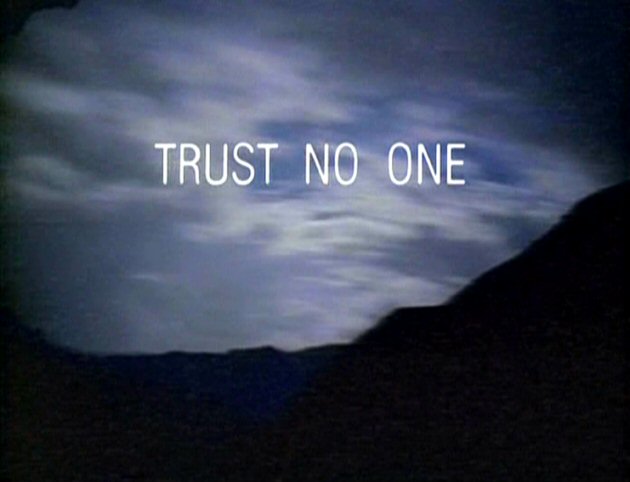Yeah,
I’m struggling to work out the exact point of this ‘unique’ concept.
If one person reviews this game 10/10 and another 4/10 how do we know this wasn’t due to their unique copies?
Being that all experiences can be rated, and each game has a unique experience contained within. Some copies of this game will contain less fun than others behind their shrink wrap.
So it’s a $60 gamble!?
My gut feeling is this game sounds great but I will always wonder if my copy is as good as it could have been?
I think I would prefer a game setup that’s remove 32 adventure cards and 15 tiles from the game, they won’t be used this time.
Panic...
